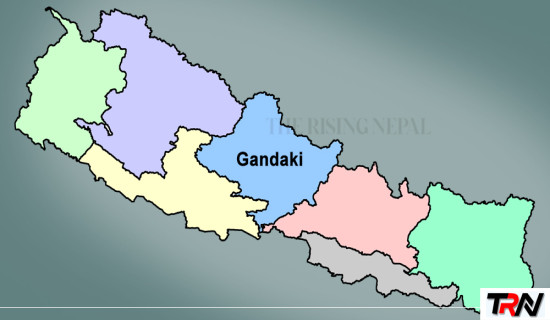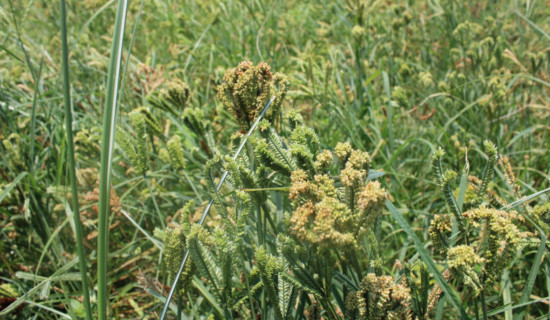- Saturday, 2 August 2025
NRNs demand citizenship with socio-economic rights
Kathmandu, May 4: Citizenship with economic, social and cultural rights to the non-resident Nepali has been demanded in accordance with constitutional provision.
During panel discussion held in the course of the Non Resident Nepali Association's Unity Convention today, the participants expressed their concern over the non-implementation of the citizenship for the NRNs as ensured by the Constitution.
NRNA former President Kul Acharya said the citizenship granted to the NRNs has only allowed them for travelling to Nepal and not given other rights beyond that.
As he said, the South Asian nations including India have implemented the provision of a dual citizenship for their non-resident citizens.
NRN Khagendra GC, who works as an advocate in the United States of America, said the rigidity in granting the citizenship with economic rights to the NRNs has prevented them from exploring economic opportunities back in Nepal.
NRN leader AC Sherpa said the citizenship for NRNs is the concern of those Nepalis residing in 84 nations and it should be addressed by Nepal.
Senior advocate Balkrishna Neupane apprised the group that 72 countries in the world have ensured a dual citizenship.
He was of the view that the withdrawal of the Clause 10 of the Citizenship Act-2063 BS will enable an investment -friendly atmosphere in Nepal.
NRNA UK Chair Prem Gaha Magar said many Nepalis in other countries have the status of the second-class citizen as they are provided with naturalized citizenship or the citizenship by birth.
Such citizenship can be scrapped at any time during any crisis in the respective countries and that's why Nepal should not deprive its citizens of the citizenship by descent.
Advocate Kapil Dhakal, UK-based advocate Surendra Shrestha, NRNA former Vice President Rabina Thapa and NRN leader Yogendra Bahadur Chhetri were among those joining the panel to demand the citizenship with rights to the NRNs.
In response, Under-Secretary at the Ministry of Law, Justice and Parliamentary Affairs, Pushkar Nepal pledged to take initiations to address the concerns of NRNs in new laws.(RSS)



-original-thumb.jpg)
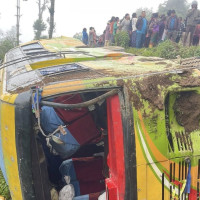

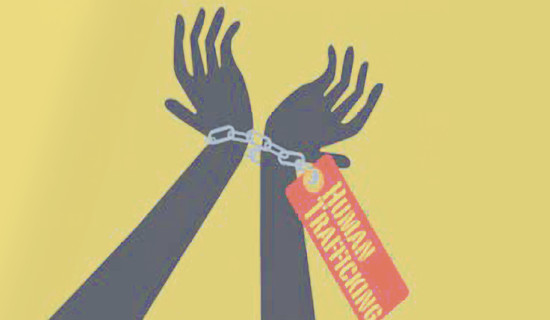
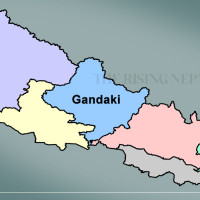


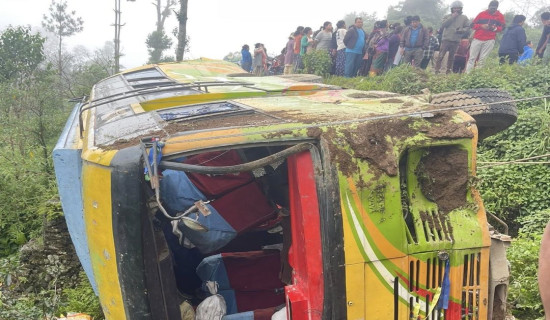
-original-thumb.jpg)
